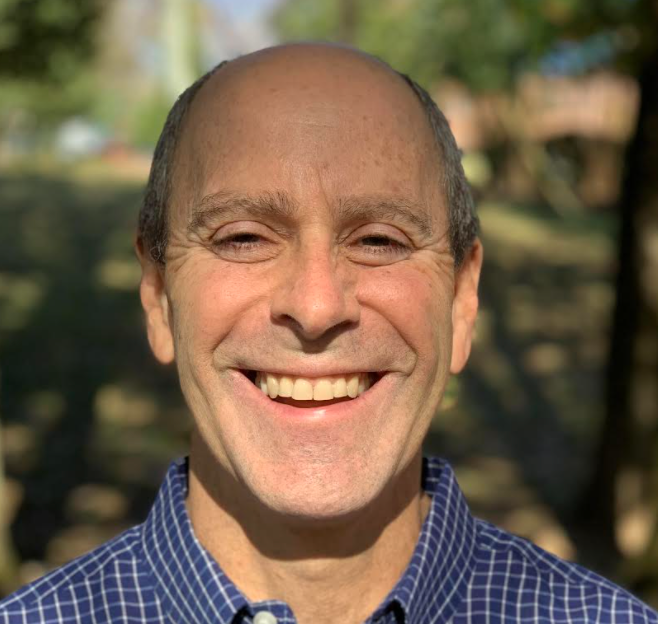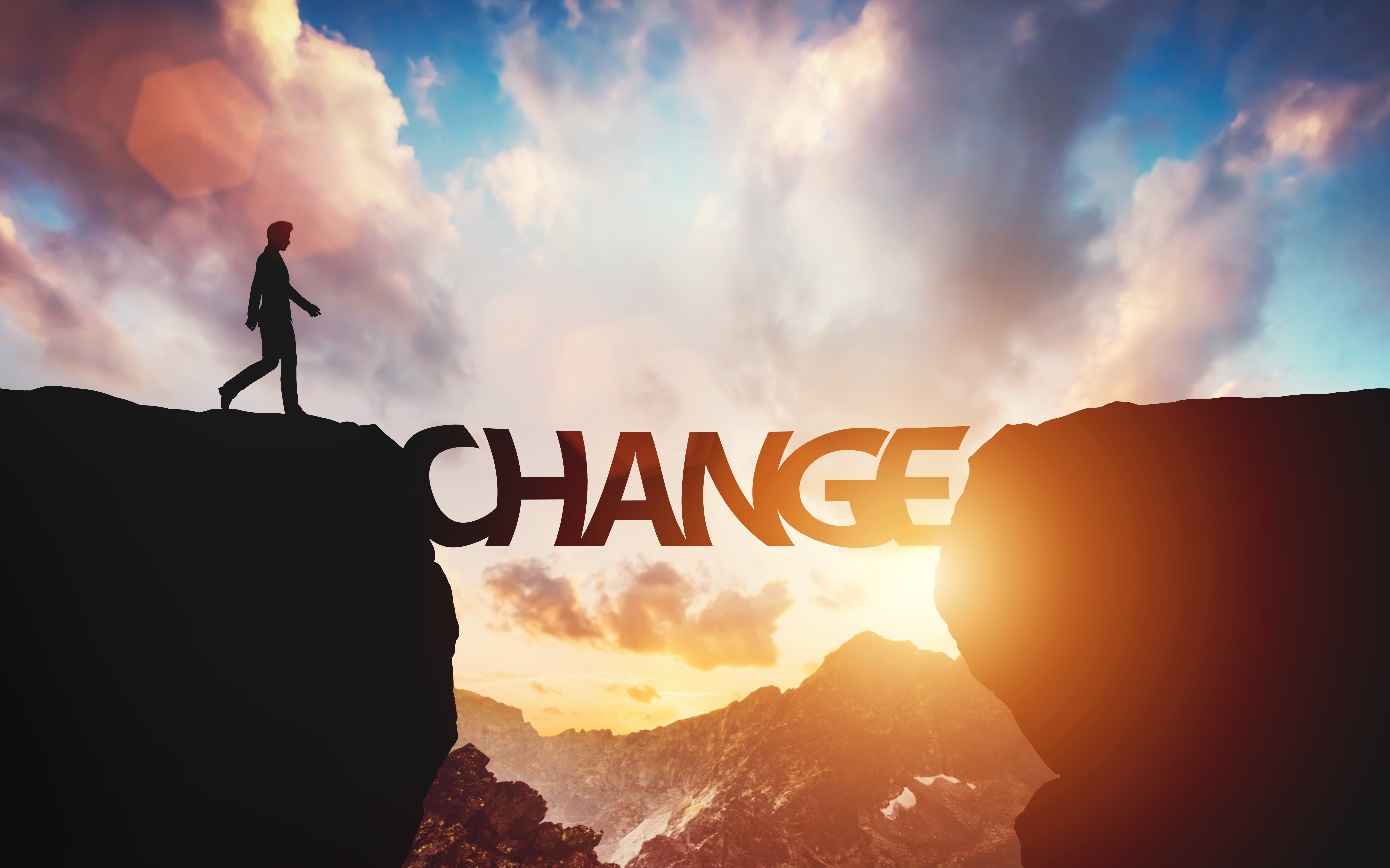When we have experienced a traumatic event, we often don’t do well with change. We want everything to stay the same — to help us feel in control and safe. This was certainly the experience that arose from my being sexually abused by my mother.
But we don’t have to experience abuse, sudden job or financial loss, or loss of a loved one to fear change. Many fear a change in general because it relates to other fears we hold, such as fear of the unknown, fear that we lack a purpose in life and don’t where we will be in twenty years, or fear of inevitable health changes, our own mortality, and what exactly happens to us at death.
This is where psychology is helpful: it gives us the tools to see where our fear is coming from. Once we see the beliefs supporting the fear, we can change those beliefs. Then we will be able to flow more easily with change. Out of my sexual abuse came beliefs around negative self-worth, guilt, shame, and fear. As I unwound those false beliefs through therapy and other means, I came to know myself at a much deeper level — and actually began to accept and love the person that I am, with all of my perceived “flaws and sins” —what a novel concept! My relationships improved dramatically, and I started to understand who I am in a much broader spiritual sense. Raising our perspective above our existence as an ego-based biological entity does wonders for our fear and our acceptance of the change. It makes us realize that change does not mean something “bad,” and does not mean the death of us — as we are actually eternal.
Take these steps to start your journey to accepting and embracing change:
Look at yourself
Our first task is to “know thyself.” This means a willingness to take a look at why we do the things we do, and where our blocks to growth are. What are our attachments and defenses? What type of medicators (food, excessive spending, stimulants, excessive internet or social media, porn, etc.) do we use to stuff our feelings and avoid looking at ourselves? One way we recognize our attachments and defenses is by looking at our emotional reactions, especially when we get angry and blame others. We need to ask ourselves what the beliefs are behind these reactions. We are rarely angry for the reason we think we are. Instead, we are often projecting our self-judgment as blame and judgment on to others.
Accept that change happens
The Greek philosopher Heraclitus said, “Change alone is unchanging.” Change is the only constant. We might as well make peace with it, as that will help us to be carried by the currents of the river of life as opposed to being bashed up against the rocks when we try to fight the direction that the river is trying to take us.
Have faith
As part of the above, we need faith — faith that there is a purpose to our lives, and that there is some type of benevolent being or creator that loves us and is looking out for us. We need to have faith that change brings positive renewal. Winston Churchill said, “To improve is to change; to be perfect is to change often.” Accept that change is messy. Nature provides the perfect example: it is in a state of constant change and there is renewal occurring while the old die off. Just look at a forest where new growth is sprouting from dying tree stumps. Why do we fear change and fight the natural cycles we are meant to live in?
Confront your fear
Ask yourself what change you fear the most. Why do you fear this particular change? What are the beliefs that underpin this fear? How can you see this differently, so that you release the fear — and become empowered to not only accept change but embrace it?
Have self-compassion
As we come to know ourselves and our beliefs and fears at a deeper level, we will likely bump up against internal resistance to change. We may judge ourselves for our “sins.” We must have compassion for ourselves in terms of what we have judged and crucified ourselves for, and we must accept ourselves as we are while desiring that we change. If this sounds paradoxical, then you have discovered one of the secrets of the Universe.
During the coronavirus crisis, we have all shared a collective fear. Many of us are attached to certain things or ways of living and this has all been uprooted. But this is a large example of the Universe asking us to trust in change and know that beautiful new buds, and new ways of operating and connecting, are sprouting. We often look back at adverse experiences and are grateful for them — as they enabled us to see things and make changes we may not have been willing to make otherwise.
Underneath it all, an innate current of joy runs through us. But it is often covered up by attachments or false beliefs. When we learn to embrace all change as positive, even when it initially appears to be the opposite, then we can truly live a free, authentic, and joy-filled life.


